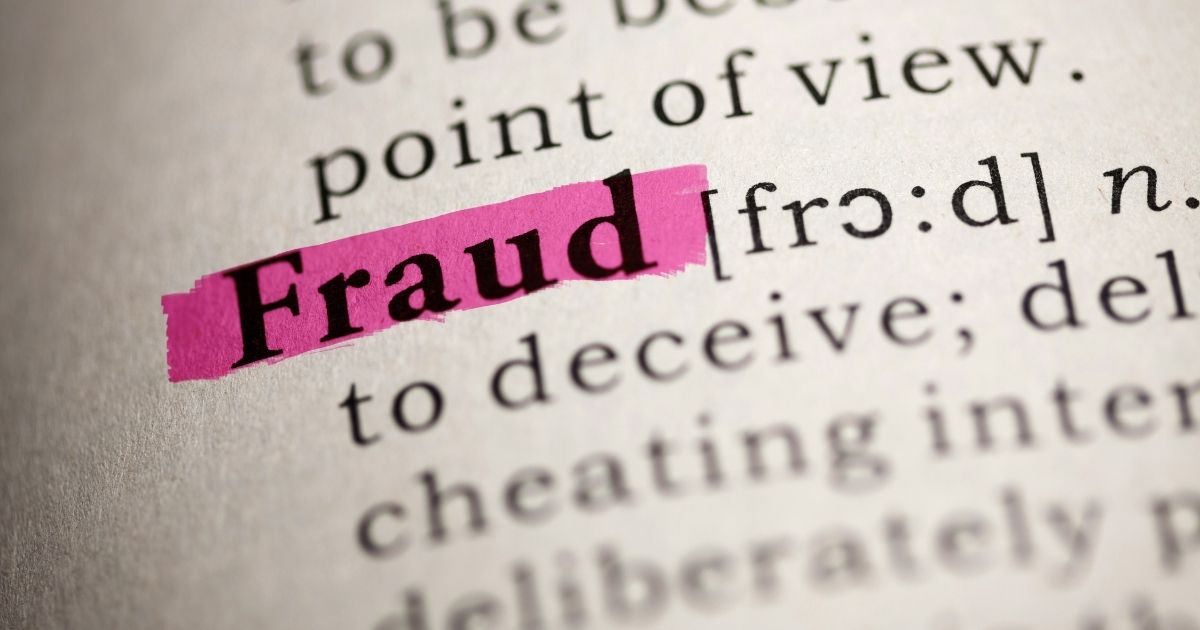NJ Consumer Fraud Act Affects Real Estate Agents

New Jersey real estate agents have a variety of contractual obligations to their clients. Beyond their clients, the Consumer Fraud Act can impact their advertising and sales. There is much confusion around how the CFA applies to real estate.
The NJ Consumer Affairs department outlines the specifics of the act. For example, section 56:8-2 discusses how real estate agents can commit fraud in their advertisement and sales. It is illegal to attempt to suppress, conceal or omit facts about the property in order to deceive or make false promises.
Agents can face fines and penalties for failure to comply with the act. While the majority of the act focuses on food and retail establishments, there are provisions for real estate agents because they sell and advertise properties, a material good. The act aims to prevent fraudulent and predatory practices against the elderly and those with disabilities.
The New Jersey Law Journal says there are many unanswered questions because of the NJ Supreme Courts directive that the CFA limitedly applies to real estate and the language used in the CFA itself. The NJCFA did not initially include real estate though a 1976 amendment changed that. The NJ Supreme Court established a new four-factor test to clarify how the CFA affects merchandise sales but failed to address its effect on real estate.
Based on a variety of NJ Supreme Court cases through the years, it is clear that the CFA applies to real estate brokers, banks selling real estate and commercial real estate. However, the CFA does not apply to a homeowner selling their own home making the application of the act complex.




 908-679-5011
908-679-5011



